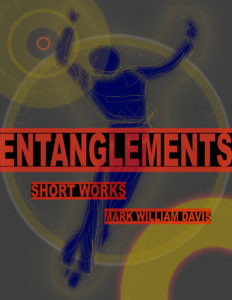The crane has a symbolic resonance in Celtic mythology. A magician, assuming an elaborate pose—one eye open and one leg drawn up—was said to see into the otherworld, just as the crane itself moved from sky to land to water. But there is the other meaning of the word crane: the ancient lifting contraption that helped build Greece and likely had a role in Egypt and Sumeria before that. And now they protrude into the urban sky, raising up our buildings and even other cranes as we densify our cities. It was this mechanical meaning that Dan Dennett at Tufts chose to contrast with conceptual skyhooks, the unsupported contrivances that save protagonists in plays by dangling gods above the stage. For Dennett, the building crane is the metaphor we should apply to the mindless, simple algorithm of evolution. The algorithm raises up species and thus creates our mysterious ideas about meaning and purpose. No skyhooks or Deus ex Machina are needed.
Dennett passed away at 82 in Maine leaving a legacy as a public intellectual who engaged in the pursuit of reason throughout his adult career. He was committed to the idea that this world—this teeming ensemble of living matter—is intrinsically miraculous, built up by something dead simple into all the convolutions and perilous ideas that we now use to parse its mysteries. He was one of the Four Horsemen of the Apocalypse during the so-called New Atheism craze of 2008-2010, along with Richard Dawkins, Christopher Hitchens, and Sam Harris, but even then he was committed to the crane metaphor to displace these ancient skyhooks of belief rather than, say, a satirical impact-analysis of religion a la Hitchens.
There is another phrase that Dennett championed in Darwin’s Dangerous Idea: Evolution and the Meanings of Life: universal acid.… Read the rest







